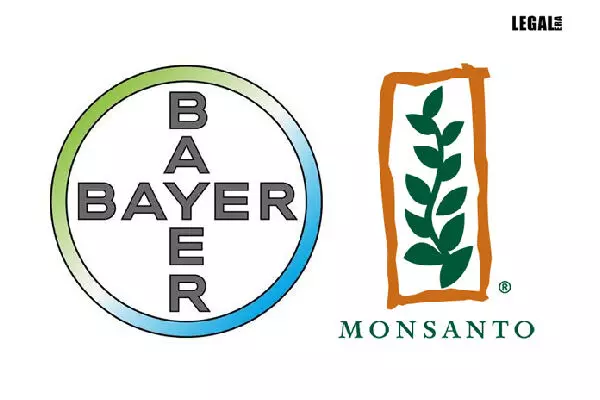- Home
- News
- Articles+
- Aerospace
- Artificial Intelligence
- Agriculture
- Alternate Dispute Resolution
- Arbitration & Mediation
- Banking and Finance
- Bankruptcy
- Book Review
- Bribery & Corruption
- Commercial Litigation
- Competition Law
- Conference Reports
- Consumer Products
- Contract
- Corporate Governance
- Corporate Law
- Covid-19
- Cryptocurrency
- Cybersecurity
- Data Protection
- Defence
- Digital Economy
- E-commerce
- Employment Law
- Energy and Natural Resources
- Entertainment and Sports Law
- Environmental Law
- Environmental, Social, and Governance
- Foreign Direct Investment
- Food and Beverage
- Gaming
- Health Care
- IBC Diaries
- In Focus
- Inclusion & Diversity
- Insurance Law
- Intellectual Property
- International Law
- IP & Tech Era
- Know the Law
- Labour Laws
- Law & Policy and Regulation
- Litigation
- Litigation Funding
- Manufacturing
- Mergers & Acquisitions
- NFTs
- Privacy
- Private Equity
- Project Finance
- Real Estate
- Risk and Compliance
- Student Corner
- Take On Board
- Tax
- Technology Media and Telecom
- Tributes
- Viewpoint
- Zoom In
- Law Firms
- In-House
- Rankings
- E-Magazine
- Legal Era TV
- Events
- Middle East
- Africa
- News
- Articles
- Aerospace
- Artificial Intelligence
- Agriculture
- Alternate Dispute Resolution
- Arbitration & Mediation
- Banking and Finance
- Bankruptcy
- Book Review
- Bribery & Corruption
- Commercial Litigation
- Competition Law
- Conference Reports
- Consumer Products
- Contract
- Corporate Governance
- Corporate Law
- Covid-19
- Cryptocurrency
- Cybersecurity
- Data Protection
- Defence
- Digital Economy
- E-commerce
- Employment Law
- Energy and Natural Resources
- Entertainment and Sports Law
- Environmental Law
- Environmental, Social, and Governance
- Foreign Direct Investment
- Food and Beverage
- Gaming
- Health Care
- IBC Diaries
- In Focus
- Inclusion & Diversity
- Insurance Law
- Intellectual Property
- International Law
- IP & Tech Era
- Know the Law
- Labour Laws
- Law & Policy and Regulation
- Litigation
- Litigation Funding
- Manufacturing
- Mergers & Acquisitions
- NFTs
- Privacy
- Private Equity
- Project Finance
- Real Estate
- Risk and Compliance
- Student Corner
- Take On Board
- Tax
- Technology Media and Telecom
- Tributes
- Viewpoint
- Zoom In
- Law Firms
- In-House
- Rankings
- E-Magazine
- Legal Era TV
- Events
- Middle East
- Africa
US Supreme Court declines certiorari for Bayer, Monsanto for second time

US Supreme Court declines certiorari for Bayer, Monsanto for second time
In 2022, Bayer and its agrochemical subsidiary Monsanto were denied certiorari for the second time in a row by the US Supreme Court. This is one of many cases related to Roundup, a weed killer manufactured by Monsanto that has been accused of causing cancer. Bayer has sought certiorari in this case.
The case in question, Pilliods v. Monsanto, revolves around a California couple who claims Roundup's key ingredient, glyphosate, is responsible for both of their non-Hodgkin's lymphoma diagnosis. It was found by the California Appeals Court that Bayer and Monsanto were liable for $86 million in damages (both punitive and compensatory), in favor of the couple.
Among Bayer's five-point plan for managing the current Roundup legal crisis are hearing before the Supreme Court, developing a comprehensive claims program, managing existing cases, introducing a new Roundup formulation, and developing a safety study website. On June 21st, Bayer had also sought certiorari for Hardeman v. Monsanto, which was denied earlier this year.
In a statement to news outlets, Bayer responded that the company "continues to stand fully behind its Roundup product" and "will only resolve outstanding cases and claims when it is strategically advantageous."
The topic of glyphosate's safety has been mixed, with some studies suggesting that it is safe when used properly and others indicating that it is a carcinogen when used improperly.



